Working In Confined Spaces
Quantity: 1
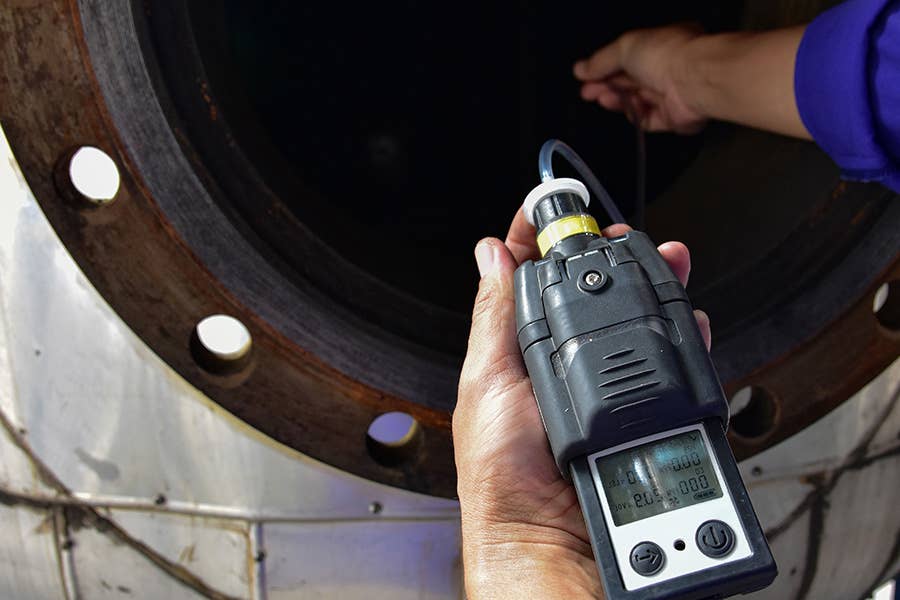
Duration 2 hours
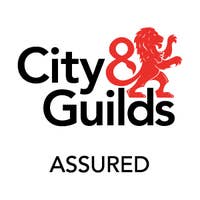
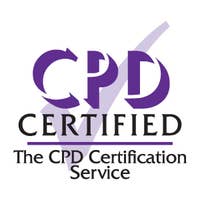
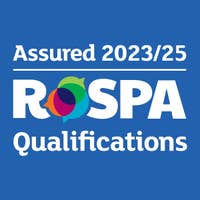

100% online training
Start when you like
Learn on any device (desktop, mobile or tablet)
Instant assessment and result
1 learner per course
Train teams of all sizes
Bulk discounts starting at 10% off 10 courses
Pay by invoice with 30 day payment terms available (5+ courses)
Includes a 10% discount for 10+ courses
Every year a number of people are killed or seriously injured due to working in confined spaces, often because they are unaware of the dangers, poorly trained or the correct safety arrangements have not been put in place.
This Working in Confined Spaces training course has been designed as an awareness level course to help learners understand the legal requirements outlined by the Confined Space Regulations 1997. It explains the risks associated with confined space entry and working, as well as safe work practices, suitable control measures and the requirements for emergency arrangements.
100% online training
Access anywhere
Same day digital certificate
Printed certificate posted next working day
Full audio voiceover
Assessment retakes at no extra cost
Written in compliance with the Confined Spaces Regulations 1997
Developed by health and safety professionals
City & Guilds Assured
Accredited by CPD and assured by RoSPA Qualifications
Bulk discount for orders of 10+ courses

Save on our courses when you buy more training upfront. Lock in a better price now and access the training whenever you need to. You can mix and match any of our courses too and get the discount off your whole order.
10+ courses = 10% off
50+ courses = 20% off
100+ courses = 30% off
500+ courses = 40% off
By the end of this confined space training course, you will have an understanding of:

City & Guilds Assured
Thoroughly reviewed independently by City & Guilds learning and development experts, this course is approved as City & Guilds Assured. High Speed Training is the first e-learning provider to have online courses awarded City & Guilds Assured status.
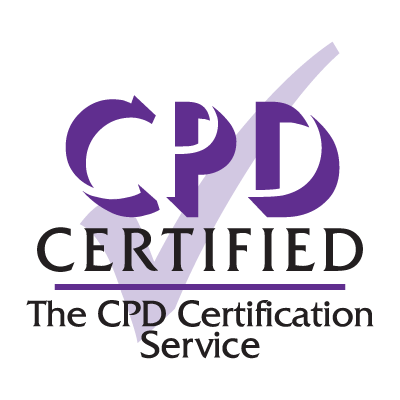
Accredited by CPD
All of our courses are accredited by the CPD Certification Service as conforming to universally accepted Continuing Professional Development (CPD) guidelines.
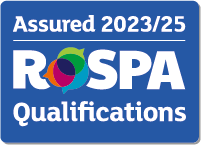
Assured by RoSPA Qualifications
This course is also assured by the Royal Society for the Prevention of Accidents through their RoSPA Qualifications Assurance System, as providing up-to-date, quality and content-approved training.
Recommended renewal:
2 years
What does this mean? This certificate does not have an expiry date, however, based on industry best practice guidelines there is a recommended renewal period.
Our in-house Learning Designers develop all of our courses to give you and your learners the most engaging training possible.
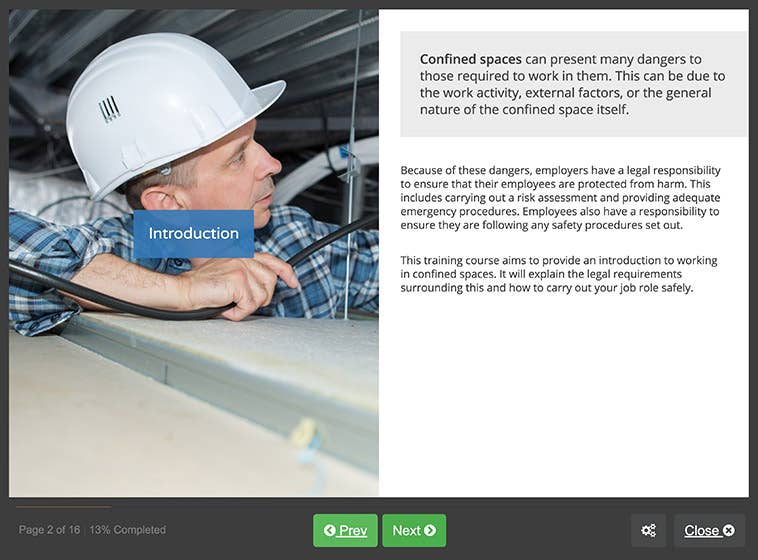
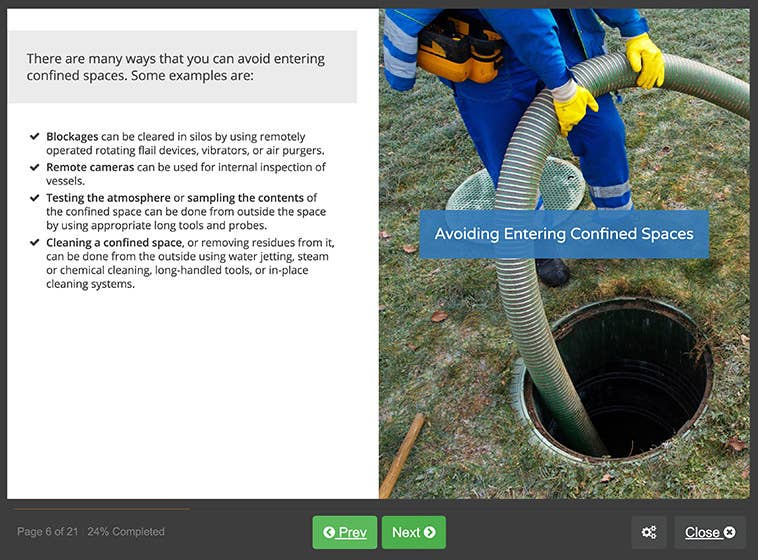
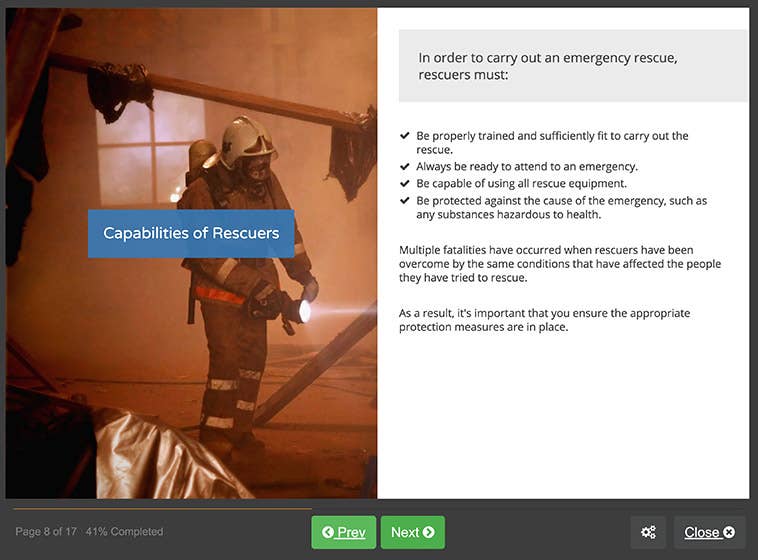
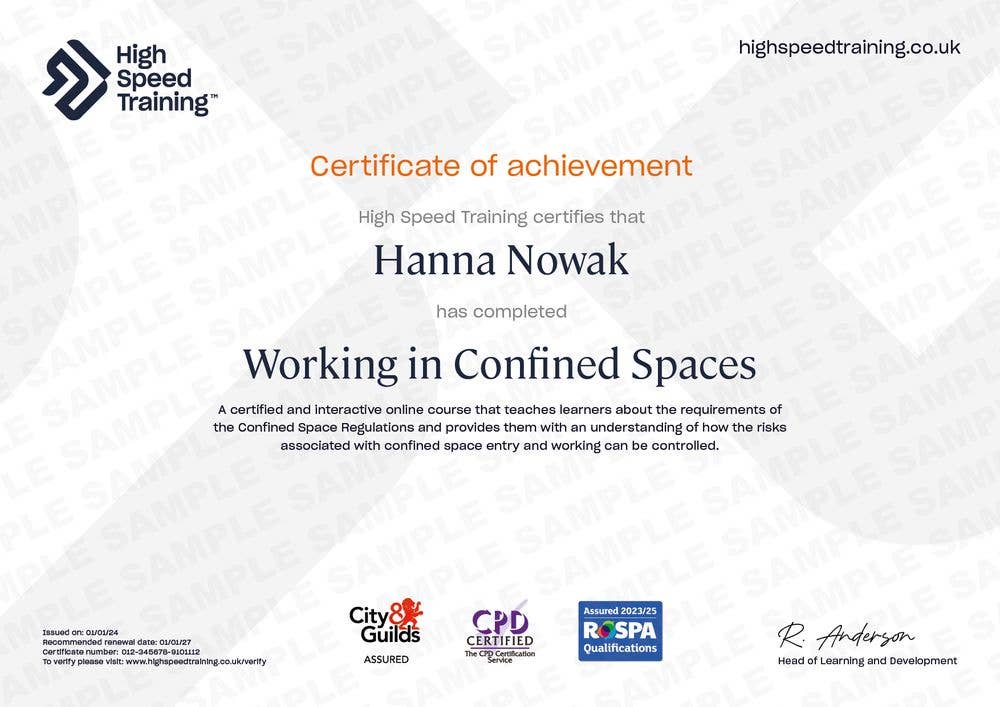




What is a confined space, examples of confined spaces, the 'specified risks' in confined spaces, and further hazards.
Legislation regulating work in confined spaces, the Health and Safety at Work (HSW), etc. Act 1974, the Management of Health and Safety at Work Regulations (MHSWR) 1999, the Confined Spaces Regulations 1997, training and suitability, permit-to-work systems, where don't the Confined Spaces Regulations apply, further risks in confined spaces, and employee responsibilities.
What is a risk assessment, key definitions, carrying out a risk assessment for confined spaces, step 1 - identify the hazards, step 2 - decide who might be harmed and how, step 3 - evaluate the risks, step 4 - record and implement the findings, and step 5 - review and update.
The hierarchy of control, avoiding entry to confined spaces, safe systems of work, safe place of work, safe work equipment, safe substances for use at work, safe management, supervision and monitoring, training for confined space working, communication, testing and monitoring of the atmosphere, and isolation from materials.
Cleaning and removal of residues, confined space ventilation - general and local, electrical equipment and static electricity, selection of mechanical equipment, portable gas cylinders, pipes and hoses, personal protective equipment, fire prevention, and permit-to-work systems.
The importance of emergency arrangements, when are emergency arrangements needed?, raising the alarm and rescue, rescue and resuscitation equipment, safeguarding of rescuers, fire safety, control of plant, first aid arrangements, public emergency services, and information, instruction and training.
The online assessment is taken on completion of the training material. You will be asked 20 multiple choice questions with a pass mark of 80%. The answers are marked automatically so you will instantly know whether you have passed. If you don't pass don't worry! You can take the test as many times as you need with no extra charge.
This Working in Confined Spaces course is suitable for anyone whose work requires them to enter a confined space, including employees, managers, supervisors and rescuers. The course is designed as an introduction to working safely in confined spaces and so no pre-requisite training is needed.
A confined space is any area which is substantially (though not always entirely) enclosed and one or more of the 'specified risks' outlined by the Confined Spaces Regulations 1997 is present or reasonably foreseeable. If you, or your employees, are required to work under such conditions then regular training is recommended.
This online course provides a theoretical awareness level of training. Depending on your company's risk assessment, further instruction and training specific to your workplace may be required to ensure full competence in duties.

In partnership with
Neil Murray
Health and Safety Consultant
Neil Murray is a vastly experienced and highly qualified health and safety professional who has held roles such as Senior Health and Safety Executive inspector, and Principal Inspector for Channel Tunnel construction. He has also held senior roles in an international infrastructure business, a major UK water utility company and a major construction group and provided management consultancy to numerous companies across a wide range of industries.
Neil has a wide expertise in many sectors, including construction, civil engineering, manufacturing engineering, water and waste utilities, education, heritage sites, public safety, rail construction and operation, transport, marine, waste management, engineering design and industrial and facilities management services.
Neil is a QSA auditor for RoSPA and also an author of published guidance on health and safety in the construction of the Channel Tunnel, work at height, major project management, and online training courses.
Yes, our Working in Confined Spaces course can act as evidence of industry-related training for accreditation applications, such as CHAS. It covers the requirements of the Confined Space Regulations 1997, which will help you understand how to fulfil the legal duties they set out. Knowledge of these topics form part of the training requirements set out by accreditation assessment bodies, so you must be able to demonstrate evidence of compliance in order for your application to be successful. Our course will contribute to the evidence you must provide during your application, to show that you have received the relevant training.
Please note that it will be down to each individual accreditation body to decide if our courses are sufficient for the training requirements of your specific business. This evidence only forms one part of your overall application process. It is up to you to prove you are fulfilling your legal duties and to supply sufficient evidence for everything the accrediting body requires in order for your application to be successful.
Yes - upon completion of your training you'll be able to download a PDF copy of your certificate immediately whilst a hard copy of your certificate will be sent by post the next working day.